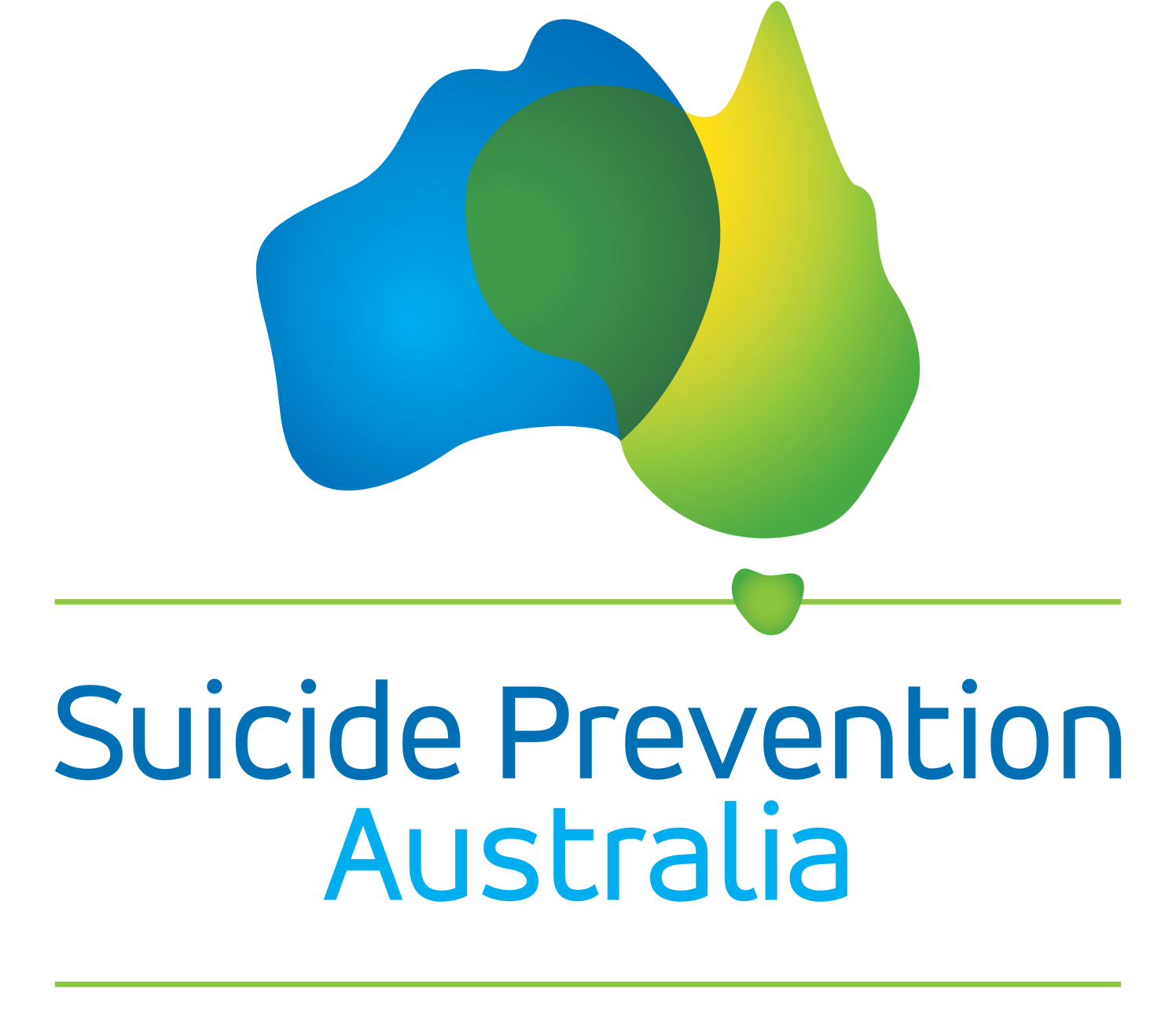The country’s first Wellbeing Budget’s failure to include suicide measures is at odds with the government’s commitment to elevating suicide prevention, not just mental health, to a whole-of-government approach.
It comes after findings from the latest Suicide Prevention Australia tracker in June revealed the Federal Budget will not make a “big difference” to the vast majority (80%) of Australians experiencing elevated distress due to cost-of-living and personal debt.
Suicide Prevention Australia CEO, Nieves Murray, said suicide prevention is the “final frontier” and it was more important than ever that government gives Australians hope through their actions. Today’s wellbeing budget failed to deliver.
Suicide rates rose 7% last year across NSW and Victoria, the same as inflation, and they should be treated with the same whole-of-government priority especially ahead of the release of the National Suicide Prevention Strategy later in the year.
Suicide prevention Australia says a Wellbeing Budget is an important piece of work to guide government, but its effectiveness is being undermined by the failure to include indicators that are critical to wellbeing.
With over 3,000 lives lost to suicide in Australia each year, and the cost to the economy of suicide and self-inflicted injuries estimated to be $28.8 billion per year, the absence of suicide as a key indicator for measuring wellbeing is glaring.
Metrics on suicide, distress, attempts and deaths have been left out with the government instead electing to use data from surveys conducted between 2005 and 2018 to paint a picture that distress levels amongst Australians are “stable”.
The Treasurer has said this is the first time the government has released a framework of this sort and that they are open to critique and discussion. Future iterations of the Wellbeing Budget must as a priority include specific indicators for suicide deaths, suicidal behaviours and self-harm.
Quotes from Suicide Prevention Australia CEO, Nieves Murray
“We cannot have a true representation of Australia’s wellbeing, without tracking suicide measures. It’s baffling that the Federal Government is keeping a pulse on how many people are listening to podcasts but has failed to include metrics on suicide deaths, attempts or self-harm.
“Suicide is the final frontier of distress or wellbeing failure, not measuring suicide is putting our heads in the sand when our systems fail. We simply need to do better.
“A number of factors that can impact on the risk of suicide have been included, such as experience of discrimination, job security, and homelessness. We welcome the government’s inclusion of these key metrics.
“However, other important factors involved in suicide risk are not adequately measured, such as the harms of gambling, levels of bullying and harassment, and food insecurity. Failing to measure suicide is in turn also failing to take into account a range of factors critical to wellbeing.
“What doesn’t get measured, doesn’t get managed. The Royal Commission into Robodebt has revealed the worst-case scenario when government fails to consider the impact of policy decisions on human life.
“The reported increase in suicide rates among those affected by the Robodebt scheme is a tragic testament to the urgent need for government accountability and transparency. Unfortunately, this Wellbeing Budget is another missed opportunity to elevate suicide prevention to a genuine whole-of-government approach.
“Suggesting that distress levels in Australia are “stable or little change” by using outdated data on mental health is unconscionable and shows a complete disregard of all other indicators which reveal distress levels and suicide rates are increasing.
“State suicide registers reveal suicide rates rose about 7% in 2022 across the nation’s two largest states, Victoria (9.5%) and New South Wales (6%) and rates remain at a high level this year.
“Our recent Community Tracker revealed three in four (75%) Australians say they have experienced elevated distress beyond normal levels due to social and economic circumstances compared to this time last year and around 40% of Australians say they know someone in their personal life or networks, who has died by or attempted suicide in the last 12 months. This is a concerning increase of 8% from the March 2023 quarter and 13% increase from 2021.
“We find this deeply troubling and believe that immediate action is required to provide Australians with confidence that the government has the right measures in place to support the community.
“We’re calling on the Federal Government to urgently reconsider the framework and to draw upon the most timely suicide data to provide an accurate picture of the nation’s wellbeing.”
To get help 24/7, phone Lifeline on 13 11 14 or the Suicide Call Back Service on 1300 659 467. If you or someone you know are in immediate danger, phone 000 for emergency services.
The Suicide Prevention Australia Community Tracker is undertaken in partnership with YouGov Australia. Total sample size was 1038 adults. Fieldwork was undertaken between 14th – 17th May 2023. The survey was carried out online. The figures have been weighted and are representative of all Australian adults (aged 18+).
Help to report about suicide safely is available online: Go to https://mindframe.org.au/
Media enquiries:
Amelia Hew 0410 591 134 or ameliah@suicidepreventionaust.org
Tom Anderson 0409 718 271 toma@suicidepreventionaust.org
About Suicide Prevention Australia
Suicide Prevention Australia is the national peak body and we’ve been providing support for Australia’s suicide prevention sector for more than 30 years. We support and advocate for our members to drive continual improvement in suicide prevention policy, programs and services. Our reach is broad, including member organisations, governments, businesses, researchers, practitioners and those with lived experience. We are focused on an integrated approach to suicide prevention encompassing mental health, social, economic and community factors. We believe that through collaborative effort and shared purpose, we can achieve our vision of a world without suicide.
